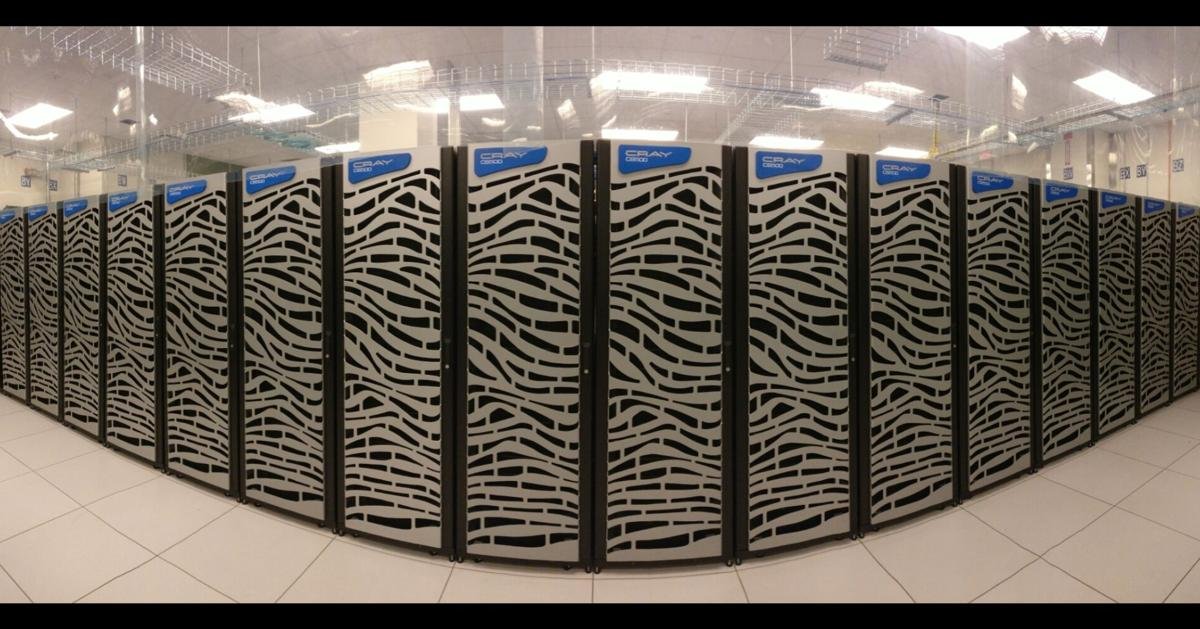India’s digital economy is experiencing extraordinary growth, driven by government initiatives, private enterprise, and widespread technological adoption across users from diverse socio-economic backgrounds. Artificial intelligence (AI) is now woven into the fabric of organisational operations, shaping customer interactions, streamlining product development, and enhancing overall agility. Yet, as digitisation accelerates, the nation’s cyber risk landscape is also expanding—fuelled by the very AI innovations that are transforming business.
In a rapidly evolving threat landscape, human error remains a persistent vulnerability. A recent cybersecurity survey revealed that 65% of enterprises worldwide now consider AI-powered email phishing the most urgent risk they face. India’s rapidly growing digital user base and surging data volumes create an environment for increased risks.
Yet, there’s a strong opportunity for India to leverage its unique technical strengths to lead global conversations on secure, ethical, and inclusive digital innovation. By championing responsible AI and cybersecurity, the country can establish itself not only as a global leader but also as a trusted hub for safe digital solutions.
The case for a risk-aware, innovation-led approach
While AI is strengthening security measures with rapid anomaly detection, automated responses, and cost-efficient scalability, these same advancements are also enabling attackers to move faster and deploy increasingly sophisticated techniques to evade defences. The survey shows that 31% of organisations that experienced a breach faced another within three years, underscoring the need for ongoing, data-driven vigilance.
Globally, regulators are deliberating on ensuring greater AI accountability, frameworks with tiered risk assessments, data traceability, and demands for transparent decision-making, as seen in the EU AI Act, the National Institute of Standards and Technology’s AI Risk Management Framework in the US, and the Ministry of Electronics and Information Technology’s AI governance guidelines in India.
India’s digital policy regime is evolving with the enactment of the Digital Personal Data Protection Act and other reforms. Its globally renowned IT services sector, increasing cloud adoption, and digital solutions at population scale are use cases for nations to leapfrog in their digital transformation journey. However, there is a continued need for collaboration for consistent standards, regulatory frameworks, and legislation. This approach can empower Indian developers as they build innovative and compliant solutions with the agility to serve Indian and global markets.
Smart AI security: growing fast, staying steady
The survey highlights that more than 90% of surveyed enterprises are actively adopting secure AI solutions, underscoring the high value organisations place on AI-driven threat detection. As Indian companies expand their digital capabilities with significant investments, security operations are expected to scale efficiently. Here, AI emerges as an essential ally, streamlining security centres’ operations, accelerating response time, and continuously monitoring hybrid cloud environments for unusual patterns in real time.
Boardroom alignment and cross-sector collaboration
One encouraging trend is the increasing involvement of executive leadership in cybersecurity. More boards are forming dedicated cyber-risk subcommittees and embedding risk discussions into broader strategic conversations. In India too, this shift is gaining momentum as regulatory expectations rise and digital maturity improves.
With the lines between IT, business, and compliance blurring, collaborative governance is becoming essential. The report states that 58% of organisations view AI implementation as a shared responsibility between executive leadership, privacy, compliance, and technology teams. This model, if institutionalised across Indian industry, could ensure AI and cybersecurity decisions are inclusive, ethical, and transparent.
Moreover, public-private partnerships — especially in areas like cyber awareness, standards development, and response coordination — can play a pivotal role. The Indian Computer Emergency Response Team (CERT-In), a national nodal agency with the mission to enhance India’s cybersecurity resilience by providing proactive threat intelligence, incident response, and public awareness, has already established itself as a reliable incident response authority.
A global opportunity for India
In many ways, the current moment represents a calling to create the conditions and the infrastructure to lead securely in the digital era. By leveraging its vast resource of engineering talent, proven capabilities in scalable digital infrastructure, and a culture of economical innovation, India can not only safeguard its own digital future but also help shape global norms for ethical AI deployment. This is India’s moment to lead — not just in technology, but in trust.
This article is authored by Saugat Sindhu, Global Head – Advisory Services, Cybersecurity & Risk Services, Wipro Limited.
Disclaimer: The views expressed in this article are those of the author/authors and do not necessarily reflect the views of ET Edge Insights, its management, or its members










































